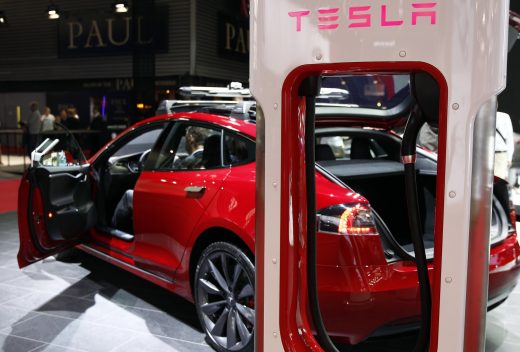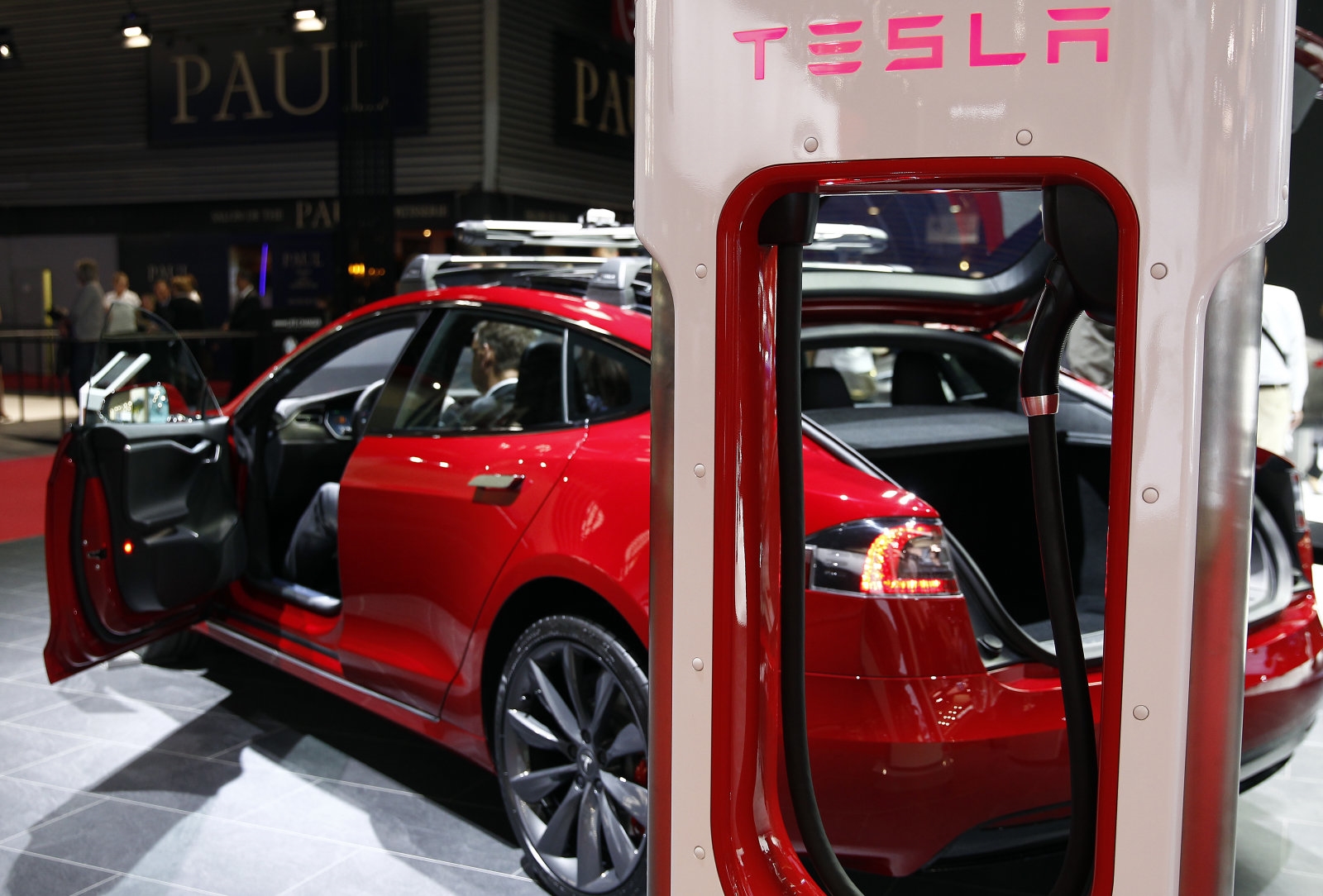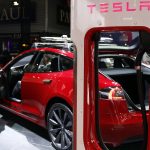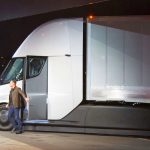Tesla batteries will live longer than expected, survey finds
Tesla batteries retain over 90 percent of their charging power after 160,000 miles, according to data gathered by a Dutch-Belgium Tesla owners group. According to its survey of over 350 owners, the EVs dropped about 5 percent of their capacity after 50,000 miles, but lose it at a much slower rate after that. If the trend holds, most Tesla vehicles will still have 90 percent capacity after around 300,000 km (185,000 miles), and 80 percent capacity after a whopping 800,000 km (500,000 miles).
Tesla has no battery degradation warranty on its Model S and X luxury EVs, but guarantees that the Model 3 will retain 70 percent battery capacity after 120,000 miles (long-range battery) and 100,000 miles (shorter-range battery). That’s a bit more generous than the one Nissan offers on the Leaf (66 percent over 100,000 miles) for instance. According to the survey data, Tesla will easily be able to meet this mark.
Lost battery capacity over time is one of the biggest concerns for EV buyers, so this new data, based on real-world usage, should be reassuring. There are some outlier EVs that lost capacity more quickly than others, for reasons that aren’t clear, though. As such, while the data looks promising, it might be best to reserve judgement pending larger scale surveys with higher-mileage EVs.
(24)














